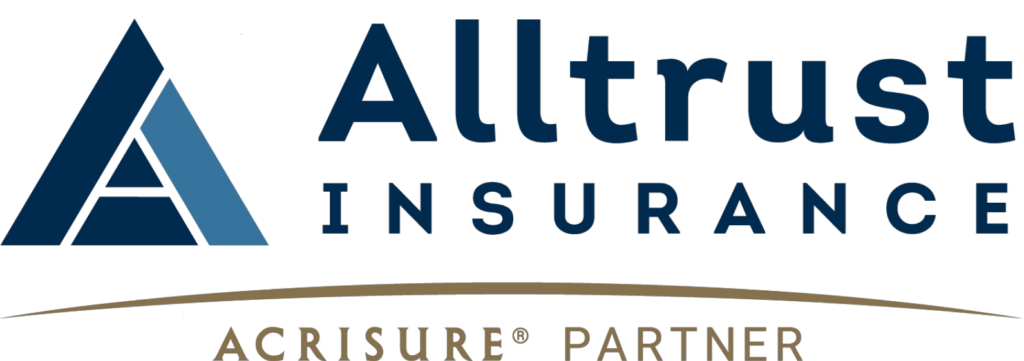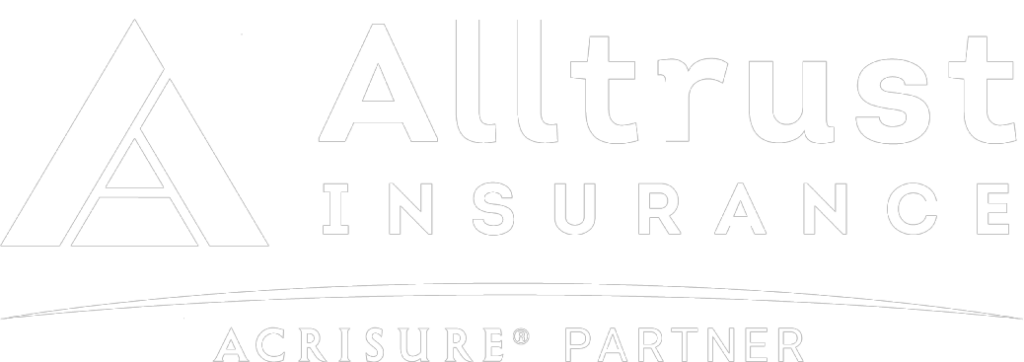The Coronavirus Aid, Relief, and Economic Security Act (the Act) was signed into law by President Trump on March 27, 2020. The Act is intended to deliver a $2.2 trillion economic stimulus and contains a multitude of provisions aimed at providing financial assistance to employers and individuals affected by the COVID-19 public health emergency. Download our helpful handout
Small Business Loans and Payroll Tax Credits
Two provisions of the Act are aimed at providing support to employers. First, small business loans under the Small Business Act will be available through December 31, 2020 to nonprofits and businesses with fewer than 500 employees, as well as to franchises, sole-proprietors, and self-employed individuals. The loan can be used to pay employee wages, paid leave benefits, and insurance premiums. The Act sets the maximum interest rate of these loans at 4%.
Second, the Act contains provisions for a refundable payroll tax credit for 50% of wages paid by employers whose operations were totally or partially suspended as a result of COVID-19 lock-down orders, or whose gross receipts declined by more than 50%. The amount of the credit is based on qualified wages paid during the COVID-19 public health emergency, from March 13, 2020 through December 31, 2020.
Expanded Unemployment Assistance
The Act creates a temporary unemployment assistance program to provide benefits to individuals who are traditionally ineligible for unemployment benefits, such as the self-employed and independent contractors. These expanded benefits will be available through December 31, 2020 to those who are unable to work as a direct result of the COVID-19 health emergency.
Benefits will be provided for a duration of up to 39 weeks and will not be subject to a one-week waiting period. The amount of the benefit is calculated pursuant to applicable state law but includes an additional $600 per week for up to four months. Unemployment benefits will not be available to otherwise-eligible individuals who have the ability to perform work remotely or who are receiving paid leave benefits.
Employee Benefits Provisions
The Act includes a number of provisions that relate to employee benefits, including group health plans, retirement plans, and educational assistance programs.
- Costs of COVID-19 Testing. The Families First Coronavirus Response Act, signed into law on March 18, requires all health insurance plans to provide no-cost coverage of FDA-approved COVID-19 testing (and related services). The Act clarifies that no-cost coverage must also be provided for non-FDA-approved tests, such as state-developed tests and those provided by labs on an emergency basis. Additionally, the Act provides that the testing cost to be covered by plans is the in-network rate negotiated by the plan and the provider prior to this public health emergency. In the absence of a negotiated rate, the plan must fully reimburse the provider based on the provider’s publicly available cash price.
- COVID-19 Preventive Services and Vaccinations. Under the Affordable Care Act, health plans must cover certain preventive care services recommended by the U.S. Preventive Services Task Force (Task Force) without cost-sharing. Plans are normally given one year to implement coverage for newly recommended preventive services. However, the Act eliminates this one-year interval for any item, service, or vaccination to prevent or mitigate COVID-19. Instead, plans will have only 15 days to cover such preventive services following a recommendation from the Task Force.
- Impact of No-Cost Telehealth Services on HDHPs. To encourage the use of telehealth services over in-person visits, many health insurance carriers and vendors are waiving telehealth costs regardless of the reason for the visit. These cost-waivers were incompatible with high-deductible health plans (HDHPs), which require participants to reach the annual out-of-pocket deductible amount before covering the costs of services and treatment. The Act provides temporary relief for HDHPs, allowing pre-deductible coverage for all telehealth services. This relief applies for plan years that begin on or before December 31, 2021.
- HSA, FSA Coverage for OTC Products. Ordinarily, individuals are precluded from using funds within a Health Savings Account (HSA) or Health Flexible Spending Arrangement (FSA) to pay for over-the-counter drugs without a prescription. The Act eliminates this prohibition, which frees up these funds to purchase over-the-counter drugs, and further recognizes menstrual care products as HSA and FSA-eligible expenses.
- Tax-Advantaged Student Loan Repayment Plans. The Act permits employers to establish a tax-free Sec. 127 student loan repayment plan to assist employees with loan payments. Under such a plan, employers can make tax-free loan payments of up to $5,250 through the end of 2020. Importantly, employers must evidence the plan through a written plan document in order to take advantage of this tax-free benefit.
- Retirement Account Withdrawals. In order to open up potential sources of income for individuals, the Act temporarily waives the 10% early withdrawal penalty for distributions of up to $100,000 from qualified retirement accounts. The distributions must be taken for purposes that relate to COVID-19.
Individual Rebate Checks
Finally, the Act provides direct financial assistance to U.S. residents in the form of a rebate check. Residents with adjusted gross income up to $75,000, or $150,000 filing jointly, who are not claimed as a tax dependent and who have a work-eligible social security number will receive a rebate check in the amount of $1,200, or $2,400 if married. An additional $500 is available for each child. For residents whose income exceeds $75,000, the rebate is reduced by $5 for each $100 of excess income. No rebate is available for single-filers with income in excess $99,000, head-of-household filers with income greater than $146,500, or joint-filers without children with income above $198,000.
Though the Act is now law, federal agencies will be tasked with issuing more detailed guidance to address practical elements of the Act’s various provisions. Employers should anticipate the release of this information over the coming weeks.
ADDITIONAL RESOURCES
- Congress.gov: https://www.congress.gov/bill/116th-congress/senate-bill/3548/text
- Small Business Association (SBA):https://www.sba.gov/document/policy-guidance–small-business-act
- Internal Revenue Service (IRS): https://www.irs.gov/coronavirus
- Department of Labor (DOL): https://www.dol.gov/coronavirus
This blog update is not intended to be exhaustive nor should any discussion or opinions be construed as legal advice. Readers should contact legal counsel for legal advice.




